To accompany your Come Follow Me study for August 22-28
In addition to reading these suggested chapters, you may enjoy watching the following related video: Come Follow Me 2022 LDS (August 22-29) Psalms 102-150 | Hallelujah! at https://www.youtube.com/watch?v=Qfu0AkhzAuQ
If you would enjoy seeing a Kahoot game related to this material which you could use for your own amusement or with your family or class, click here:
https://create.kahoot.it/share/psalms-102-103-110-116-119-127-128-135-139-146-150/b591c514-f693-431f-b3e9-ae0824654823. (To use it with a group, after clicking on this link, you will need to log into Kahoot, creating a free account if you have not done so previously, then click on the blue “Start” button.)
Points to Ponder in Psalms 102-103; 110; 116-119; 127-128; 135-139; 146-150
As you did last week, identify the one verse or passage in each listed psalm that you would consider the most impressive or significant to you personally, and briefly tell why
1. Psalm 102
2. Psalm 103
3. Psalm 110
4. Psalm 116
5. Psalm 117
6. Psalm 118
7. Psalm 119 (For this longest of all the Psalms you are invited to pick up to three favorite verses or passages.)
8. Psalm 127
9. Psalm 128
10. Psalm 135
11. Psalm 136
12. Psalm 137
13. Psalm 138
14. Psalm 139
15. Psalm 146
16. Psalm 147
17. Psalm 148
18. Psalm 149
19. Psalm 150
Other points to consider in this selection of Psalms
20. How could you reword 110:1 to make it clearer as to who is talking to whom, and about what?
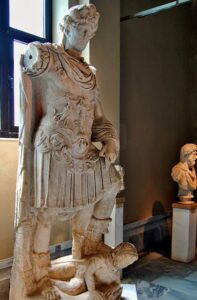
21. How would you answer the same question for 110:4?
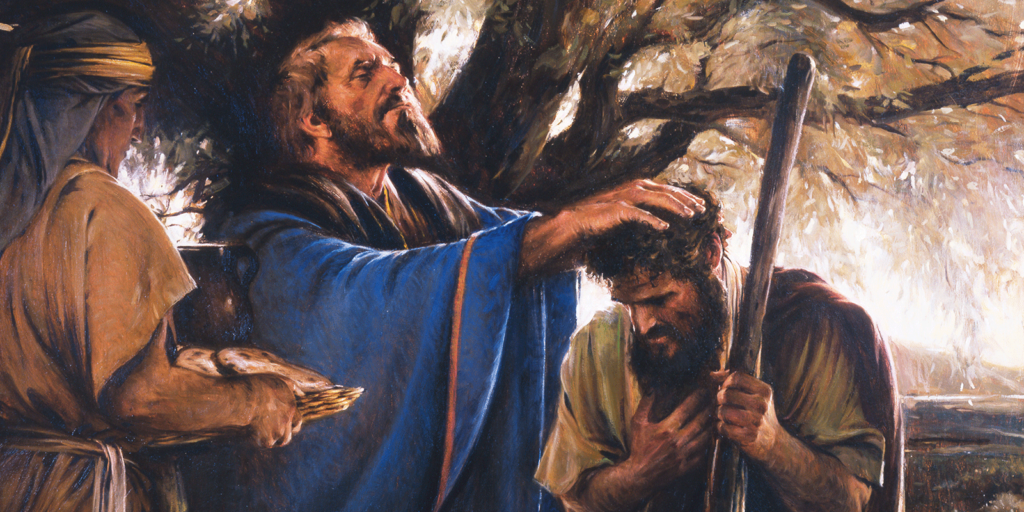
22. Why does 116:15 say that “precious in the sight of the Lord is the death of his saints”? Wouldn’t the life of His saints be even more precious than their death?
23. Can you reword or explain 118:22 in words that an elementary school child could understand?
24. What are the Hebrew letters doing before each section of eight verses in Psalms 119? What importance does it have for us?
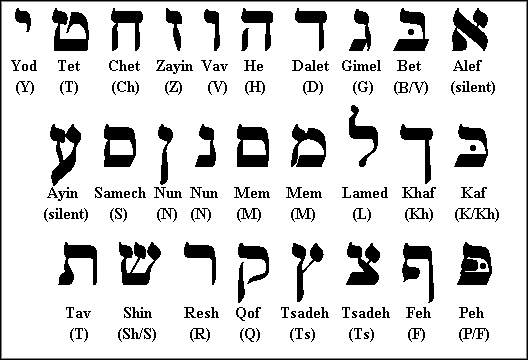
25. How could David prevent the dawning of the morning? (119:147) Won’t the sun come up no matter what we do to “prevent” it?
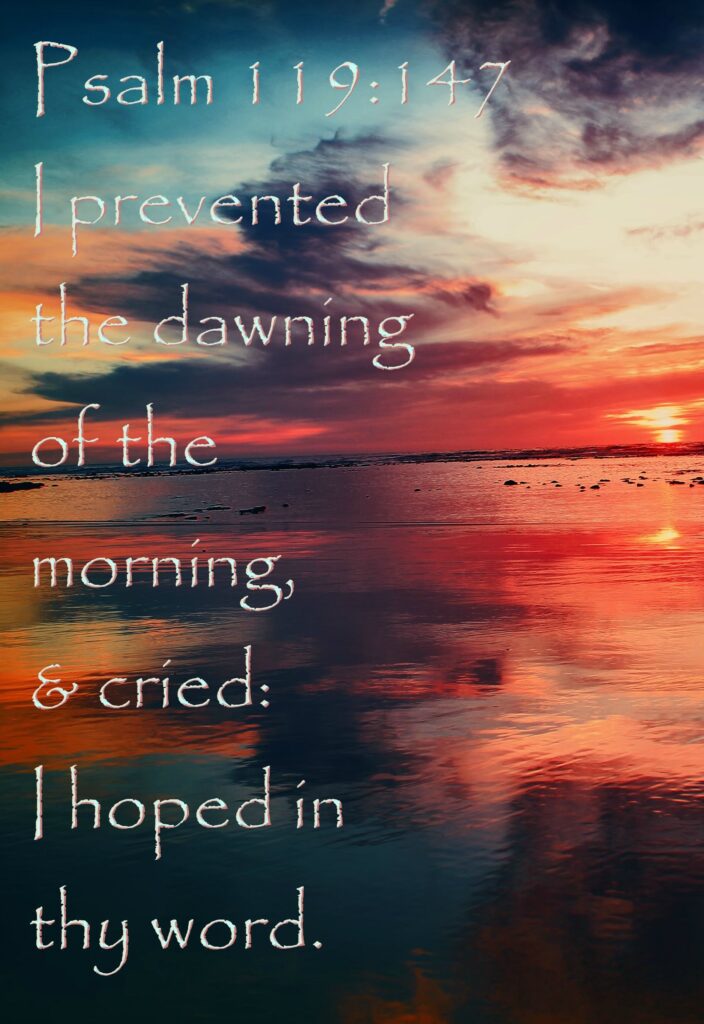
26. What would be considered a “full quiver” of children in this day and age? How many children should a faithful Latter-day Saint feel obligated to have?

27. What, specifically, does it mean to “praise” the Lord? Is it the same as thanking Him? What else might it include?

Possible Answers to Points to Ponder in Psalms 102-103; 110; 116-119; 127-128; 135-139; 146-150
The following are my selections. I could easily have picked other verses or passages. Your object in this exercise was not to see if you could guess what my choices would be but to make your own selections according to what impressed or inspired you personally.
1. Psalm 102
102:16: The building up of Zion is a prelude and prerequisite to Christ’s Second Coming. This involves first the establishment of a Zion people, who are fully committed to the principles of consecration and truly love their neighbors as themselves. This would permit the creation of a Zion society, with greater organizational cooperation and coordination than is possible at present. Finally, with those first two steps complete, the city of Zion, with its temple complex could be built up, and the way would be made ready for the return of the Savior, to a people prepared to meet Him and who would be comfortable in His presence.
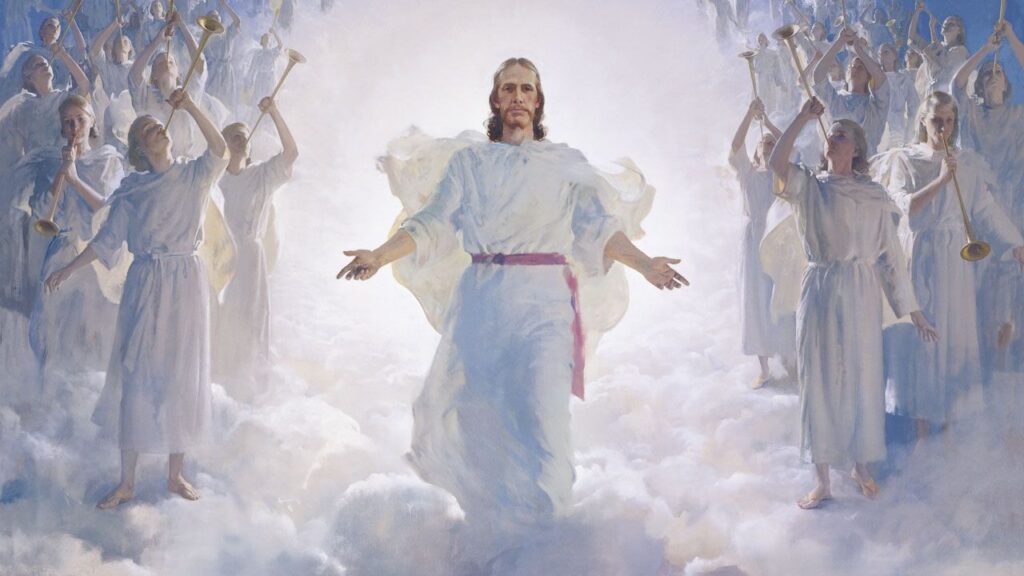
2. Psalm 103
103:8: I love this reminder that the Lord is much more eager to bless us than to punish us. He is “slow to anger, and plenteous in mercy.”
3. Psalm 110
110:3: “Thy people shall be willing in the day of thy power.” Divine power is given to those who are eager servants, not reluctant compliers. I also like the further reference to “the beauties of holiness.” There is truly nothing more beautiful than righteousness, or holiness, and nothing more ugly than sin.
4. Psalm 116
See my comments following question #22 below.
5. Psalm 117
This very short Psalm gives us only two verses from which to choose a “favorite.” But I pick verse 2, which reminds us that God’s “merciful kindness is great toward us” and invites us to praise Him.
6. Psalm 118
118:24: I like the positive spirit of this verse. We should be grateful for every day of life the Lord has given us.
7. Psalm 119 (For this longest of all the Psalms you are invited to pick up to three favorite verses or passages.)
My favorite three are probably:
- 119:47: We shouldn’t just obey God’s commandments, but we are entitled to “delight” ourselves in them and love them, as the Psalmist did.
- 119:71: A great reminder that afflictions and trials are part of life and are provided for us by a loving Heavenly Father for our good.
- 119:99: The deepest learning comes directly from God rather than from earthly teachers.
8. Psalm 127
127:3-5: I love this reminder that children are a great blessing and that having a “full quiver” does indeed bring happiness (along with occasional challenges).
9. Psalm 128
128:6: A reminder that it is a great blessing to have grandchildren, which the Psalmist mentioned even before “peace upon Israel” as a blessing for the faithful.
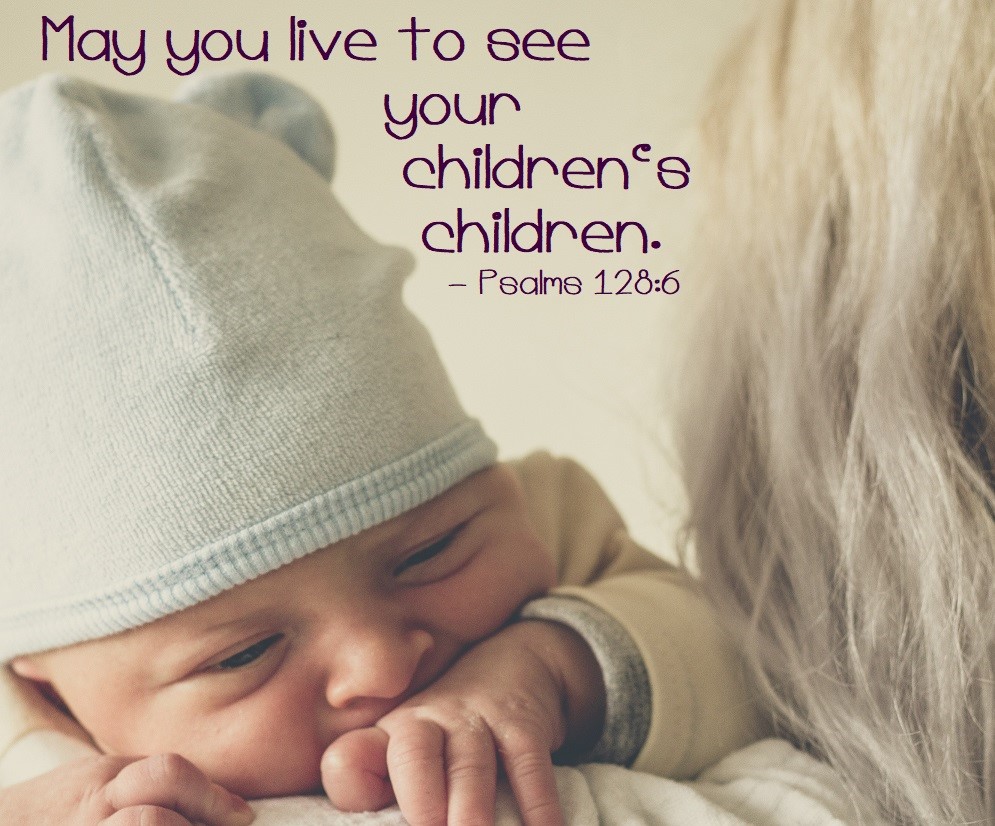
10. Psalm 135
135:1: There are a lot of similar verses in the last chapters of Psalms, but this is as enthusiastic as any on the subject, three times inviting servants of the Lord to “praise” Him.
11. Psalm 136
136:1: Many of the Psalms invite us to “praise” God. This one repeatedly urges us to “give thanks” to Him. They would seem in this case to be one and the same.
12. Psalm 137
137:1: This is one of the sadder Psalms, written either prophetically or reminiscently about the Jewish experience in Babylon. This verse can remind us of the need to appreciate what we have while we have it, or we may face the fate of the captive Jews of weeping, when we remember what we have lost.
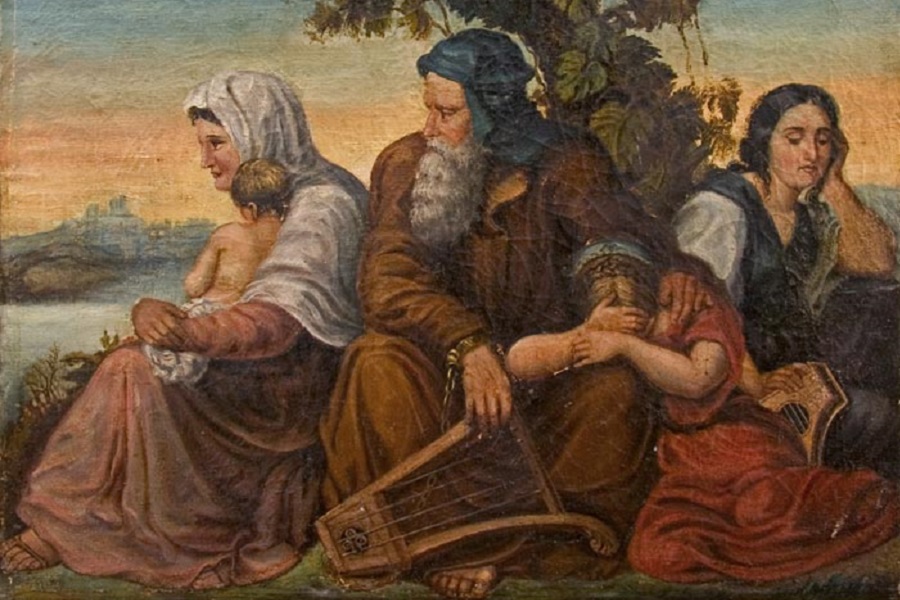
13. Psalm 138
138:2: This is another short Psalm without a lot of options for picking a favorite verse, but I picked verse 2, due to its reference to worshipping toward the holy temple. It is clear from his repeated references to the temple that the Psalmist loved the temple, as we can and should.
14. Psalm 139
139:14: “I am fearfully and wonderfully made.” A great reminder of the sacredness of our bodies and the miracle of how each organ works together to provide us with a suitable earthly tabernacle for our eternal spirits. Their complexity should also be a persuasive argument against the possibility that they could have come by chance creation.
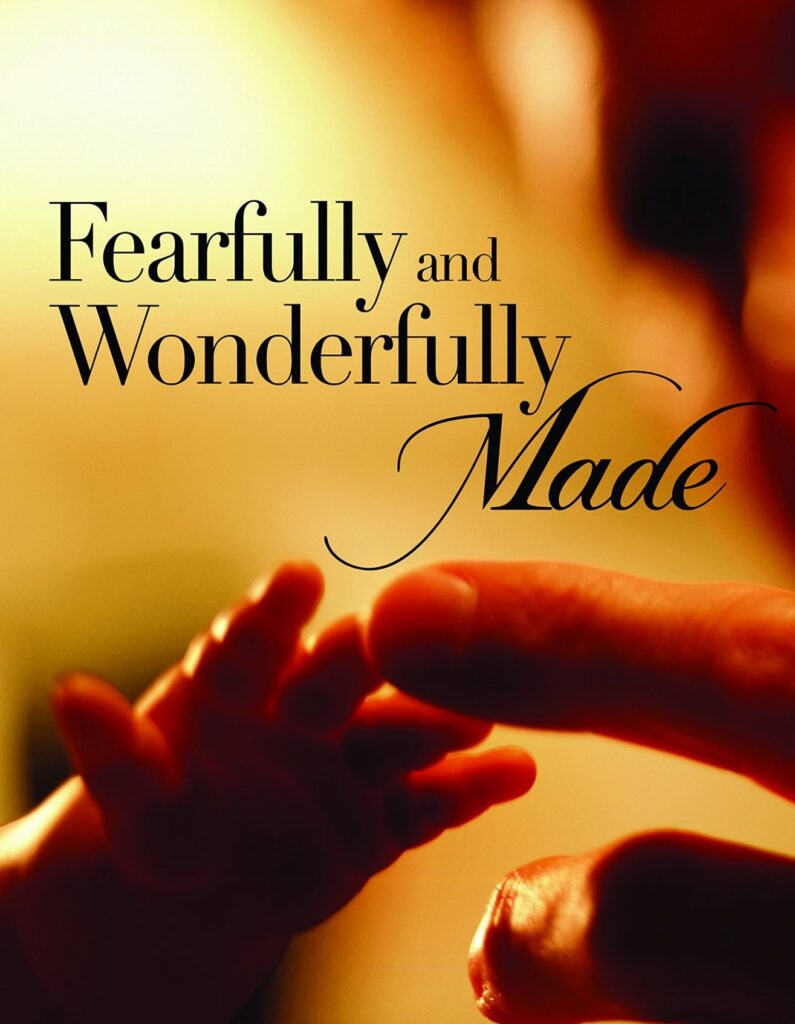
15. Psalm 146
146:3: Another reminder of the futility of trusting in men’s wisdom and power as opposed to that of the Lord.
16. Psalm 147
147:1: It is not only good to speak our praises to God but also to sing them!

17. Psalm 148
148:1: Nothing particularly new here, but another exhortation to praise God at all times and places.
18. Psalm 149
149:2: Some of us have been excited when our favorite candidate won an election or have been dejected when he lost. Here we are reminded how jubilant we should be in the knowledge that God is our Eternal King!
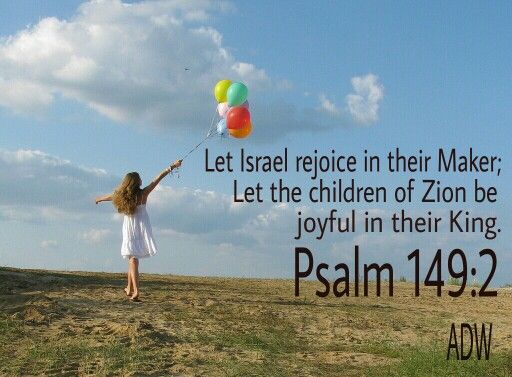
19. Psalm 150
150:1: Here we are taught that it isn’t enough to praise the Lord in our private prayers or in our homes. We should also praise Him in “his sanctuary,” meaning either the chapel or the temple.
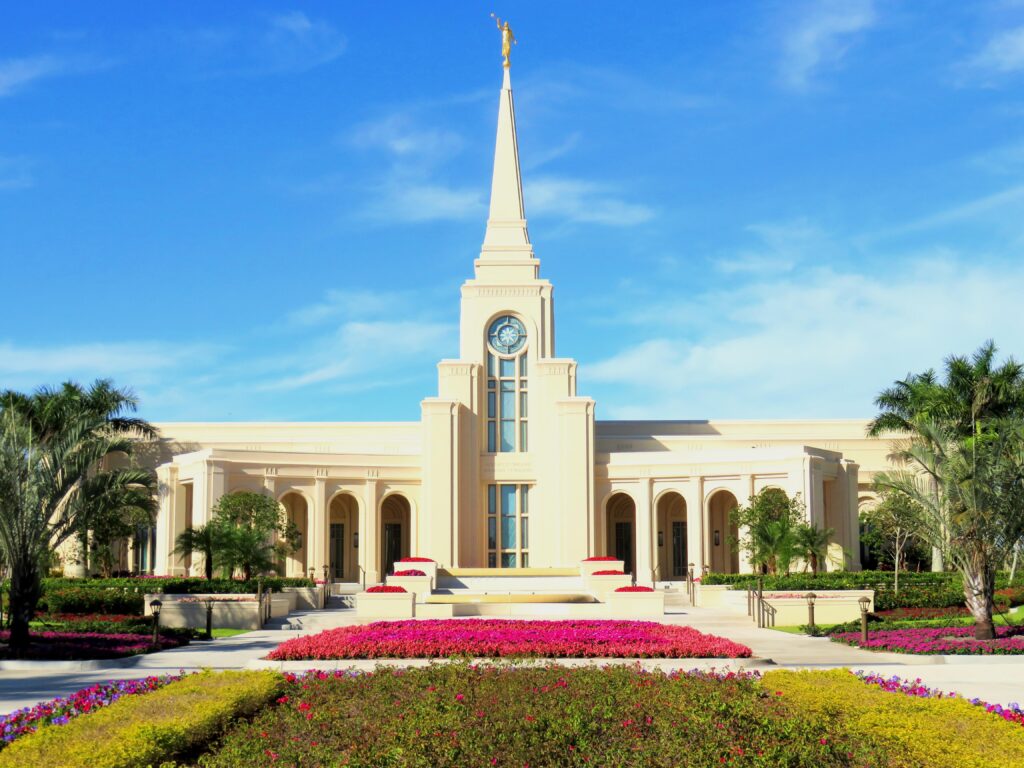
Other points to consider in this selection of Psalms
20. How could you reword 110:1 to make it clearer as to who is talking to whom, and about what?
The Amplified Bible renders it: The Lord (Father) says to my Lord (the Messiah, His Son), “Sit at My right hand Until I make Your enemies a footstool for Your feet [subjugating them into complete submission].”
21. How would you answer the same question for 110:4?
God the Father has vowed, and will not change His mind, that Jesus Christ is a priest forever in the priesthood which once bore His name but which, due to reverence for and to prevent the too frequent mention of His name, is commonly called the Melchizedek Priesthood.
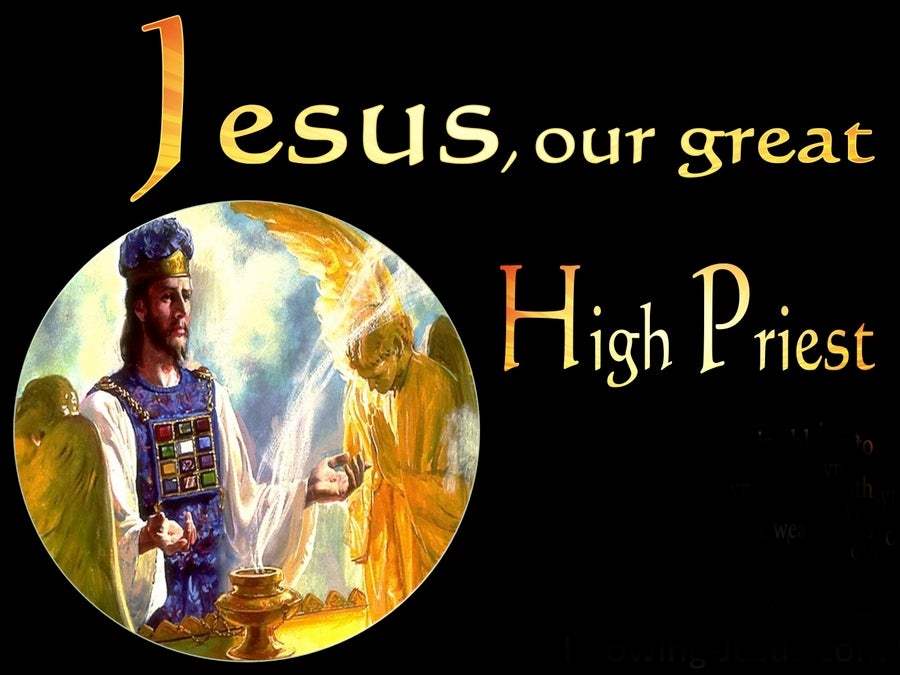
22. Why does 116:15 say that “precious in the sight of the Lord is the death of his saints”? Wouldn’t the life of His saints be even more precious than their death?
Translators have not all agreed on what the Psalmist meant when he said, “Precious in the sight of the Lord is the death of his saints.” Some have taken it to mean that the Lord is deeply moved whenever one of His faithful saints dies. But most seem to accept the natural meaning of the passage, that the Lord simply doesn’t regard death the way most mortals do, but rather than consider it a tragedy He views it as a great blessing for the one who passes on—a wonderful homecoming, where the deceased will be once again with loved ones who have gone on before, in a state of peace and joy without end.
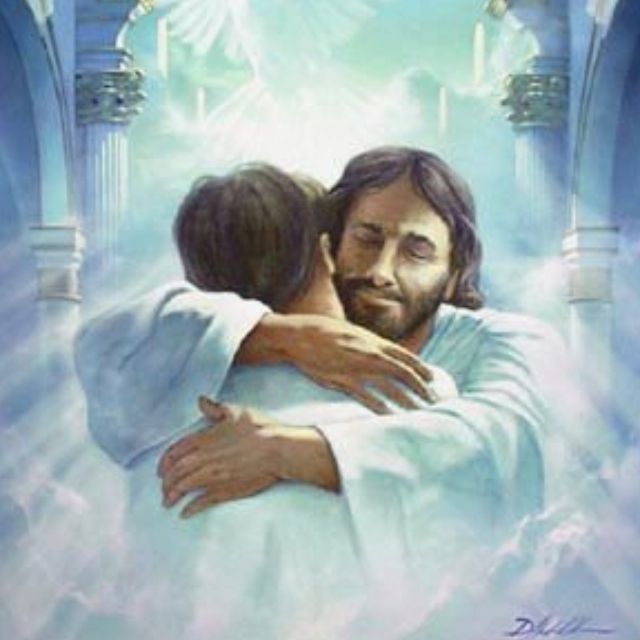
23. Can you reword or explain 118:22 in words that an elementary school child could understand?
If we compare Jesus to one of the big stones used to build a temple, the Jews thought He wasn’t worth anything, but He really is the main cornerstone upon all the rest of the building depends for support.
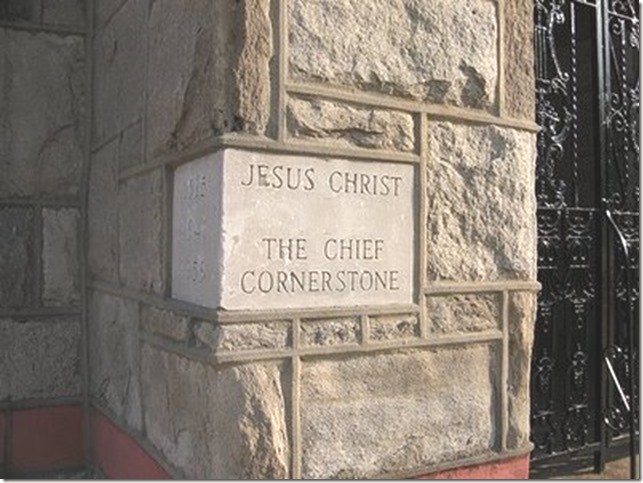
24. What are the Hebrew letters doing before each section of eight verses in Psalms 119? What importance does it have for us?
In the original Hebrew, this is what is called an “acrostic” composition, with each verse in a given eight verse section beginning with the same Hebrew letter. This has no particular doctrinal or practical importance other than to reassure us that the writers of the Bible were not simply uneducated Bedouins but that some were highly literate and skilled writers in addition to being, for the most part, prophets of God.
25. How could David prevent the dawning of the morning? (119:147) Won’t the sun come up no matter what we do to “prevent” it?
An archaic meaning of the word “prevent” is simply to “come before” or “act in anticipation of” something. In other words, David got up early in the morning—before dawn! This is a good reminder of the value of the footnotes in the Latter-day Saint edition of the Bible.
26. What would be considered a “full quiver” of children in this day and age? How many children should a faithful Latter-day Saint feel obligated to have?
If a couple is having children out of obligation, they have probably already reached the appropriate limit. As the article on “Birth Control” in Gospel Topics states, “The decision of how many children to have and when to have them is a private matter for the husband and wife.” But a couple who truly understand God’s plan of happiness and what constitutes exaltation in the world to come will rejoice in the opportunity to have as many children as the Lord is pleased to send them and provide them with the means to support. Since Ether 12:6 tells us that we receive no witness until after the trial of our faith, we may not feel able to care for more than we have until we have prayerfully proceeded in faith to welcome whatever additional spirits the Lord may have prepared for us.

27. What, specifically, does it mean to “praise” the Lord? Is it the same as thanking Him? What else might it include?
It would certainly seem to include expressing our thanks to God for His goodness to us. God doesn’t need us to tell Him how good He is in order for Him to have a good self-image. But we do need to express our gratitude to Him, for our own benefit.
But when we praise someone else, we can do it either directly to the person or tell others about his good qualities. In this second sense of the word, we can also praise God. We can tell others about His goodness and the wonderful things He has done for us, inviting our friends and neighbors to “submit their own applications” to receive comparable blessings.
